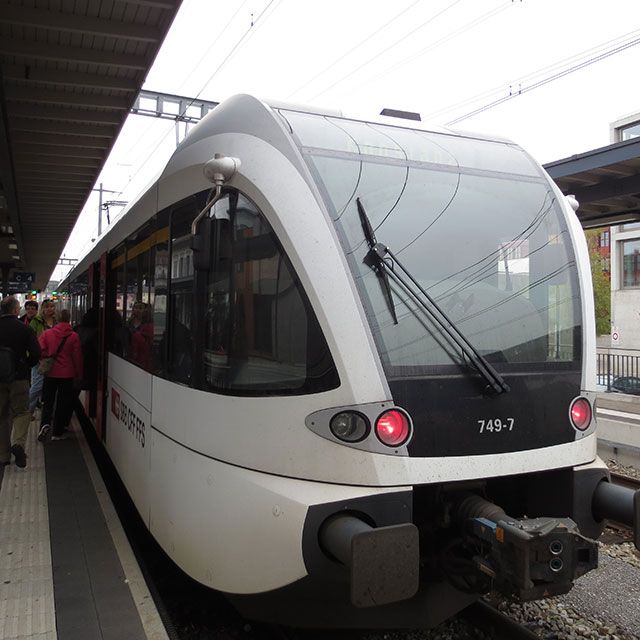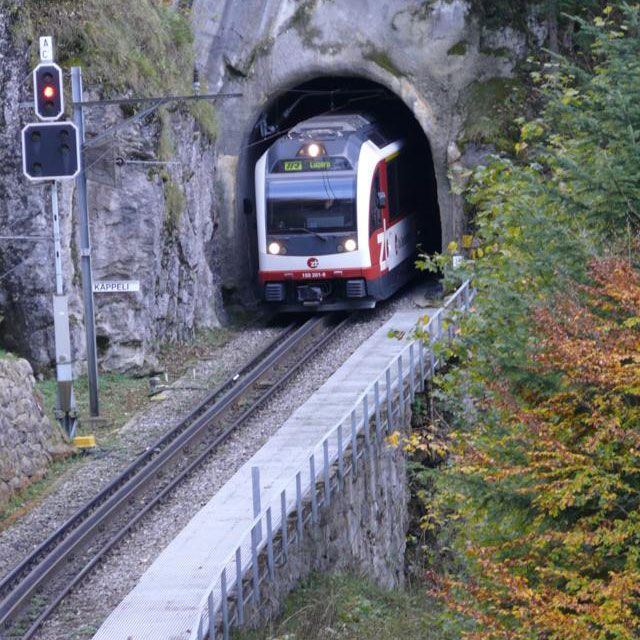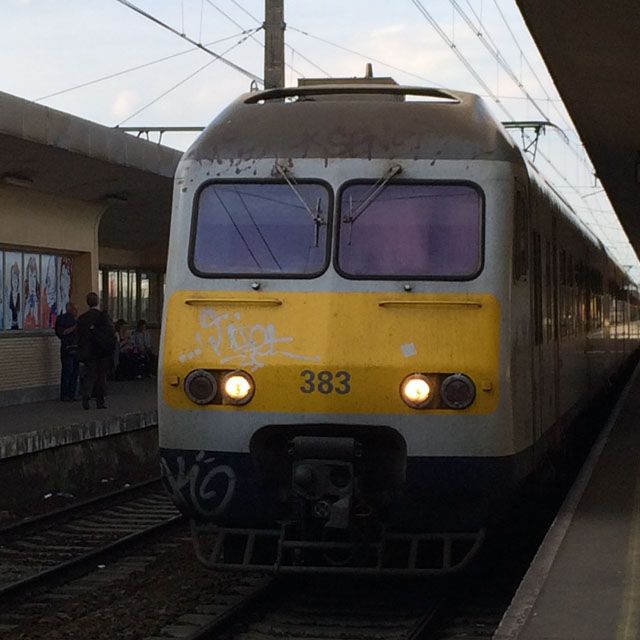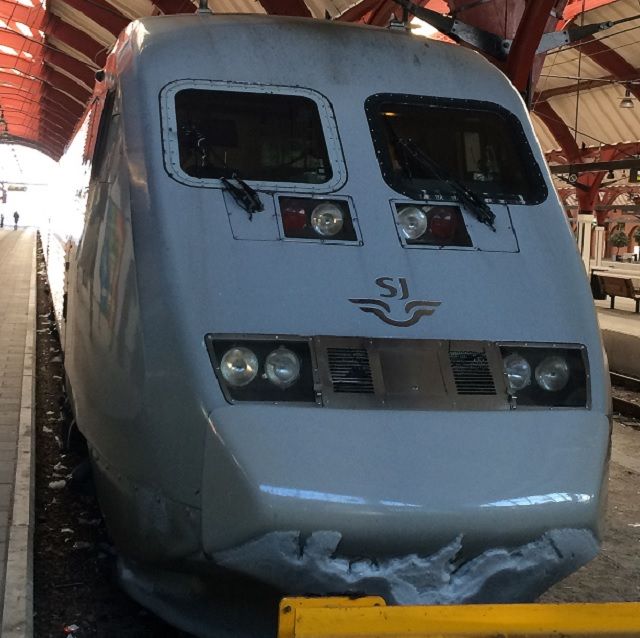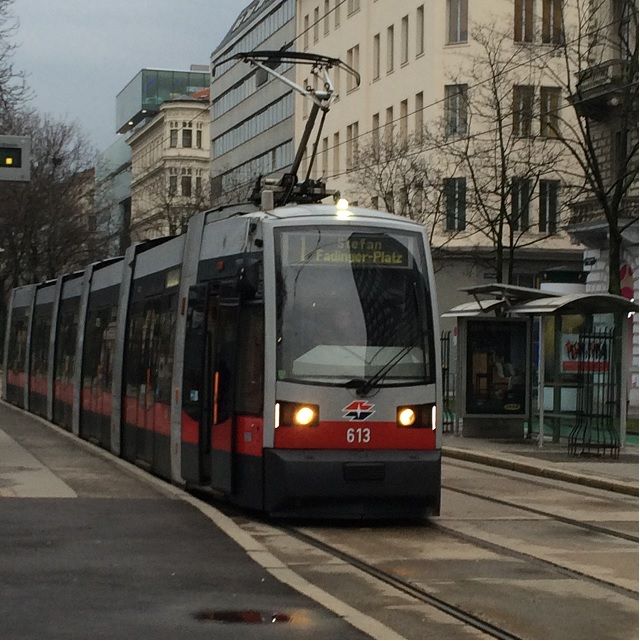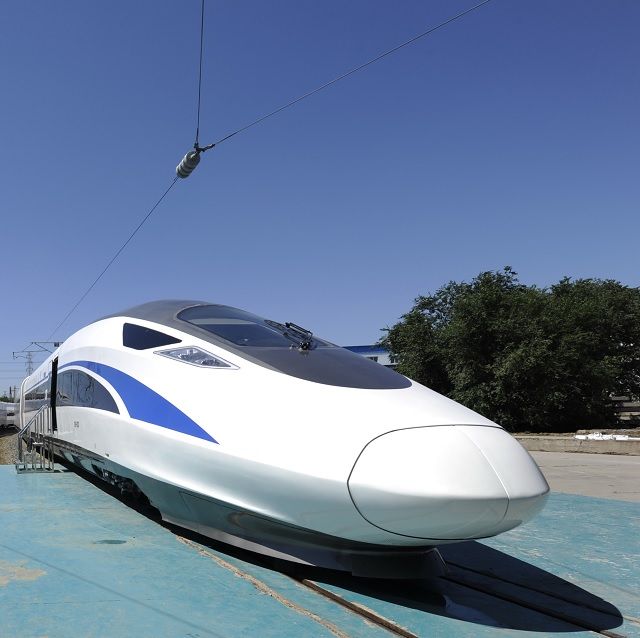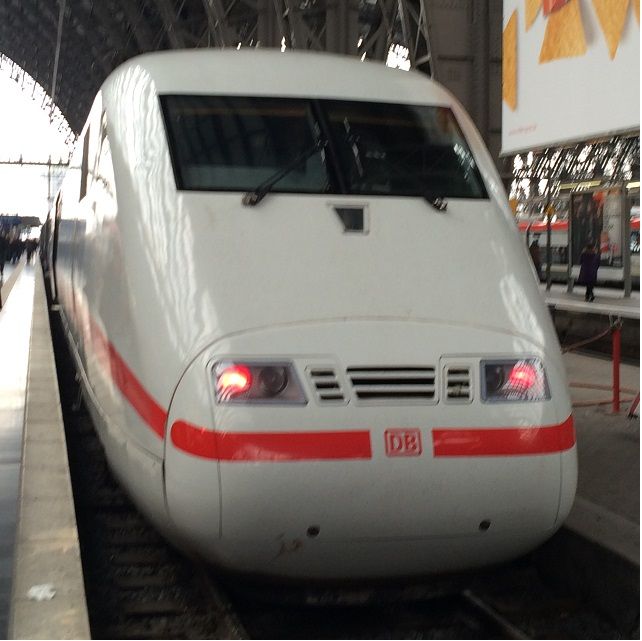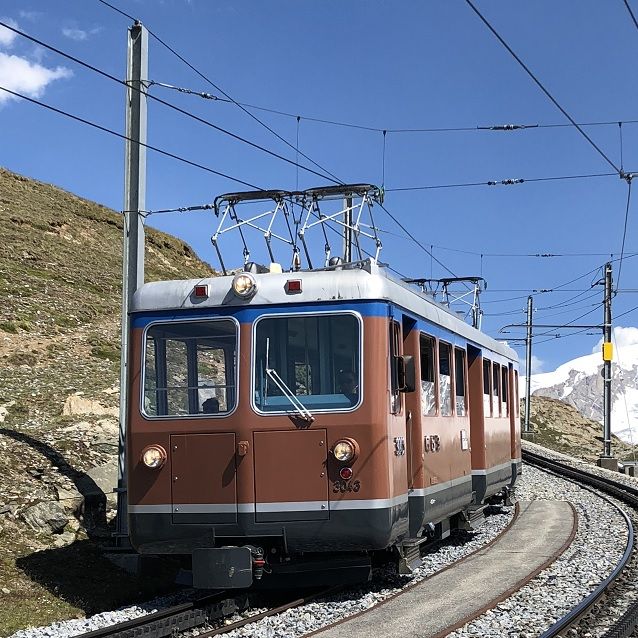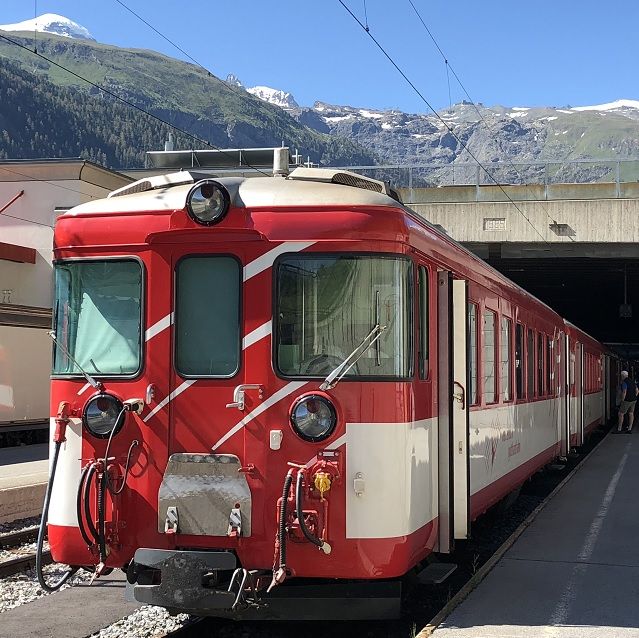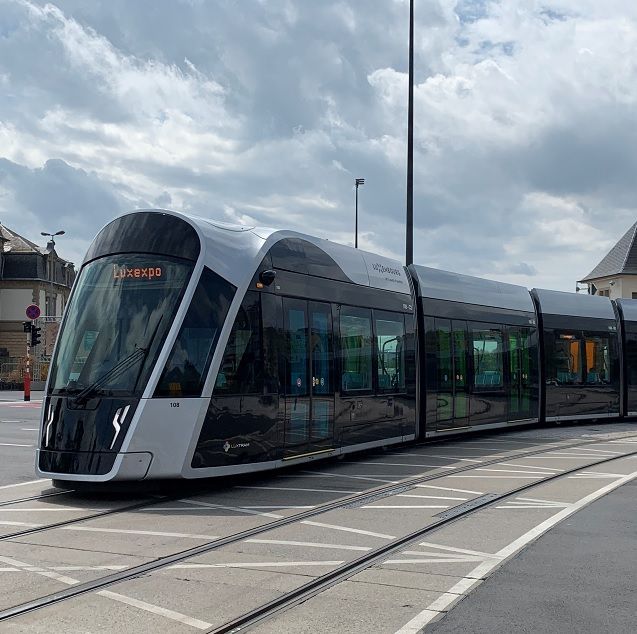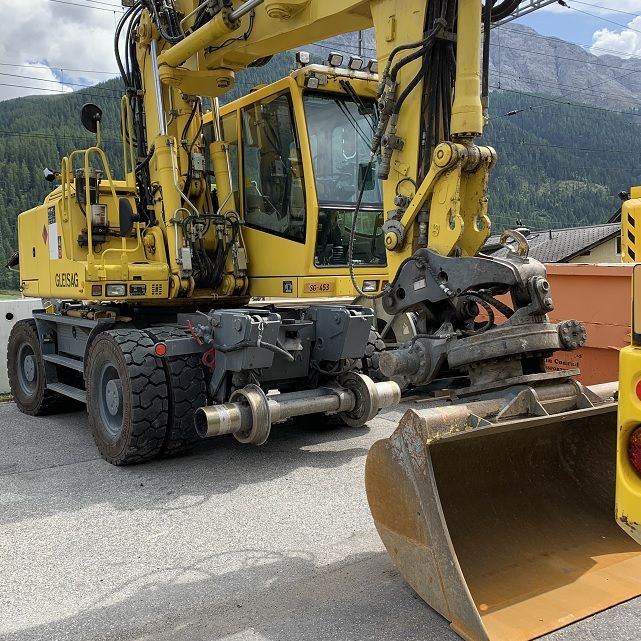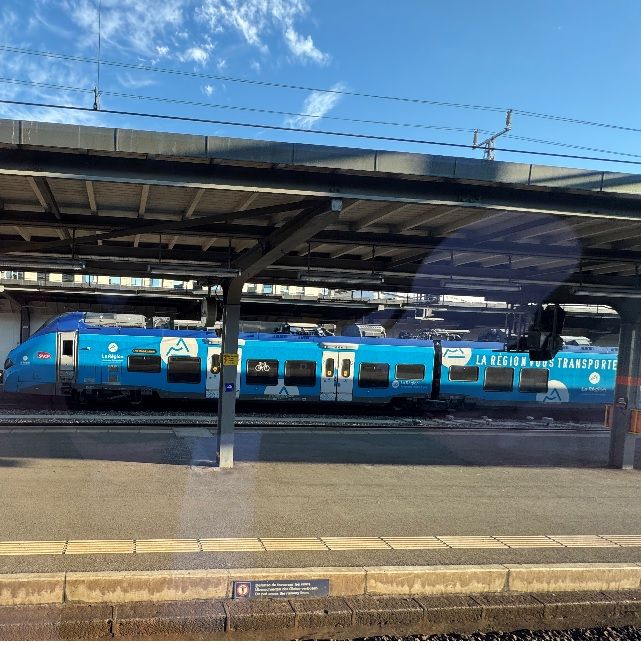News
The Swedish Business Community welcomes the Protocol
27th October 2017
Swedish law firm Hamilton hosted a stakeholder seminar on 26th October in Stockholm on the Luxembourg Rail Protocol and its implications for Sweden. Professor Alberto Mazzoni the President of UNIDROIT opened the seminar and UNIDROIT Acting Secretary General, Professor Veneziano, RWG Chairman Howard Rosen and Registrar Designate Elizabeth Hirst each gave detailed presentations on the Cape Town Convention, the Rail Protocol and the operation of the international registry once the Protocol is in force. Professor Millqvist from the University of Stockholm outlined the various legal benefits the Protocol would bring in relation to future financing of rolling stock, Björn Westerberg for the Association of Swedish Train Operators strongly supported the Protocol and explained why the improved access of its 42 members to private finance would make a material difference to the rail sector in Sweden.
Louise Petrelius, from the Ministry of Justice, closed the event by explaining how Sweden was proceeding towards ratification. The key preparatory phases, the detailed report as well the consultation, were now complete. She reported that on the consultation there was unanimous support on submissions from 24 different parties and the Government was now working diligently on preparing implementing legislation with the expectation that the Protocol would be ratified by Sweden either in 2018 or in very early 2019.






